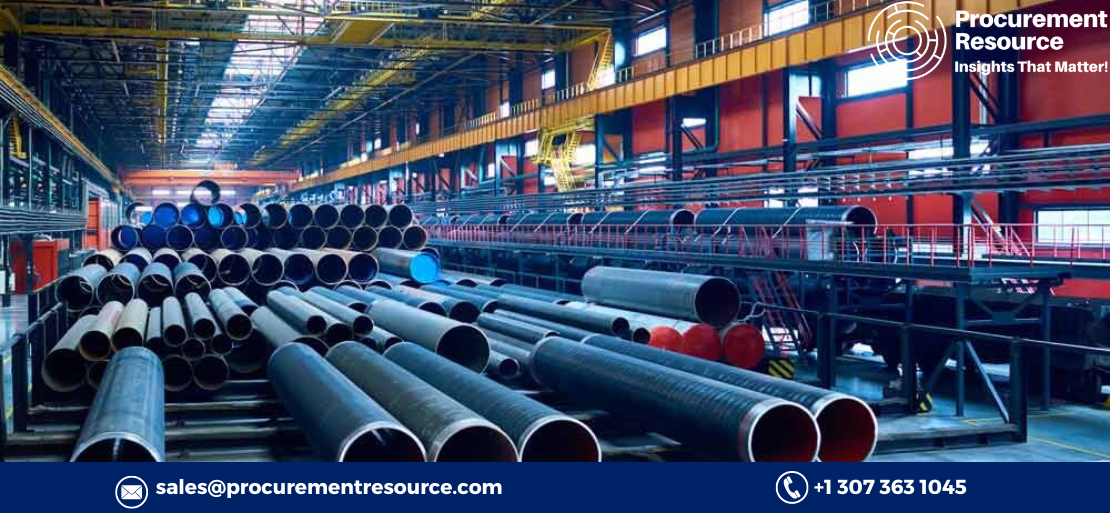JSW Steel Looking Forward to Sourcing Coking Coal from Russia at Optimum Rates

JSW Steel, led by Sajjan Jindal, intends to source coking coal from Russia at a reasonable price while supplies from Australia increase rapidly.
According to insiders, the steel industry would avoid using the dollar to complete the agreement with Russian coal companies and will instead use other currencies such as the euro or dirham to avoid the friction caused by US economic sanctions.
Despite the global slump, coking coal prices in Australia have been slowly rising, particularly since China withdrew the unofficial restriction on purchasing from Australia placed in 2020.
However, China began purchasing coking coal from Australia in January, with the first shipment of 1.4 million tonnes of coal loaded on 14 ships.
New Plant Construction Plans
JSW Steel intends to invest 2,000 crores in the development of a new coking coal mine in Jharkhand. The company was designated the highest bidder for the recently auctioned coking coal mine and is awaiting official communication from the government.
JSW Steel anticipates that the new mine will be operating in 2-3 years. The mine has one billion tonne reserves, equivalent to the company's Moitra coking coal mine in the same State.
JSW Steel's Seshagiri Rao, Joint Managing Director, had told Business Line that the company will combine 20-30% domestic coal with high-quality coal to reduce total costs.
Request Access For the Latest Price Trends of Coking Coal
The company's goal in coking coal is to achieve 25-50 percent backward integration. JSW Steel is not entirely reliant on coking coal integration due to supply and price difficulties caused by the ESG factor.
The company requires 18 mt of coking coal per year at its current capacity. To reach 25% integration, the corporation requires around 4.5 million tonnes of captive coking coal supply, which is not available in India. According to Rao, the corporation is looking into coking coal assets all over the world. Long-term sustainable coking coal prices range between USD 150 and USD 170 per tonne.
Coking Coal and its Industrial Uses
Coking coal, also known as metallurgical coal, is a form of coal used in the steel-making process to make coke, a major component in steel manufacture.
Coking coal has unique qualities that make it appropriate for coke manufacture. It is a glossy, hard, black coal with a high carbon content, low ash level, and low volatile matter content. Depending on the source of the coal, the carbon content of coking coal ranges from 60% to 90%.
- It is used to manufacture flat steel products like sheets, plates, and coils for use in the construction, shipbuilding, and automotive sectors.
- It is also used to make long steel items like bars, rods, and wires for use in building, infrastructure, and engineering projects.
- It's used to make stainless steel, which is widely used in the construction, automotive, and aerospace industries.
- It is used to make specialised steels, which are utilised in applications that demand high strength, corrosion resistance, and endurance.
About the Company
JSW Steel is an Indian steel firm headquartered in Mumbai, India, that was created in 1994. It is a subsidiary of the JSW Group, one of India's major conglomerates.
JSW Steel is India's largest private-sector steel manufacturer in terms of installed capacity and one of the world's lowest-cost steel producers. The company manufactures a diverse range of products, including hot-rolled, cold-rolled, galvanised, and colour-coated steel, as well as long products such as TMT bars and wire rods.
Read More About Coking Coal Production Cost Reports - Get Free Sample Copy in PDF
JSW Steel has a large domestic presence as well as exports to over 100 countries. The company has several plants in India, including Karnataka, Maharashtra, and Tamil Nadu, with a total installed capacity of 18 million tonnes per year.
As per Procurement Resource, JSW Steel, managed by Sajjan Jindal, plans to get coking coal from Russia at a fair price, while supplies from Australia are fast increasing. Insiders said the steel industry will avoid using the dollar to fulfill the arrangement with Russian coal businesses, instead opting for alternative currencies such as the euro or dirham to avoid the friction caused by US economic sanctions.
Despite the global downturn, coking coal prices in Australia have been gradually improving, particularly when China lifted the unofficial purchase ban imposed on Australia in 2020.


.webp)
.webp)